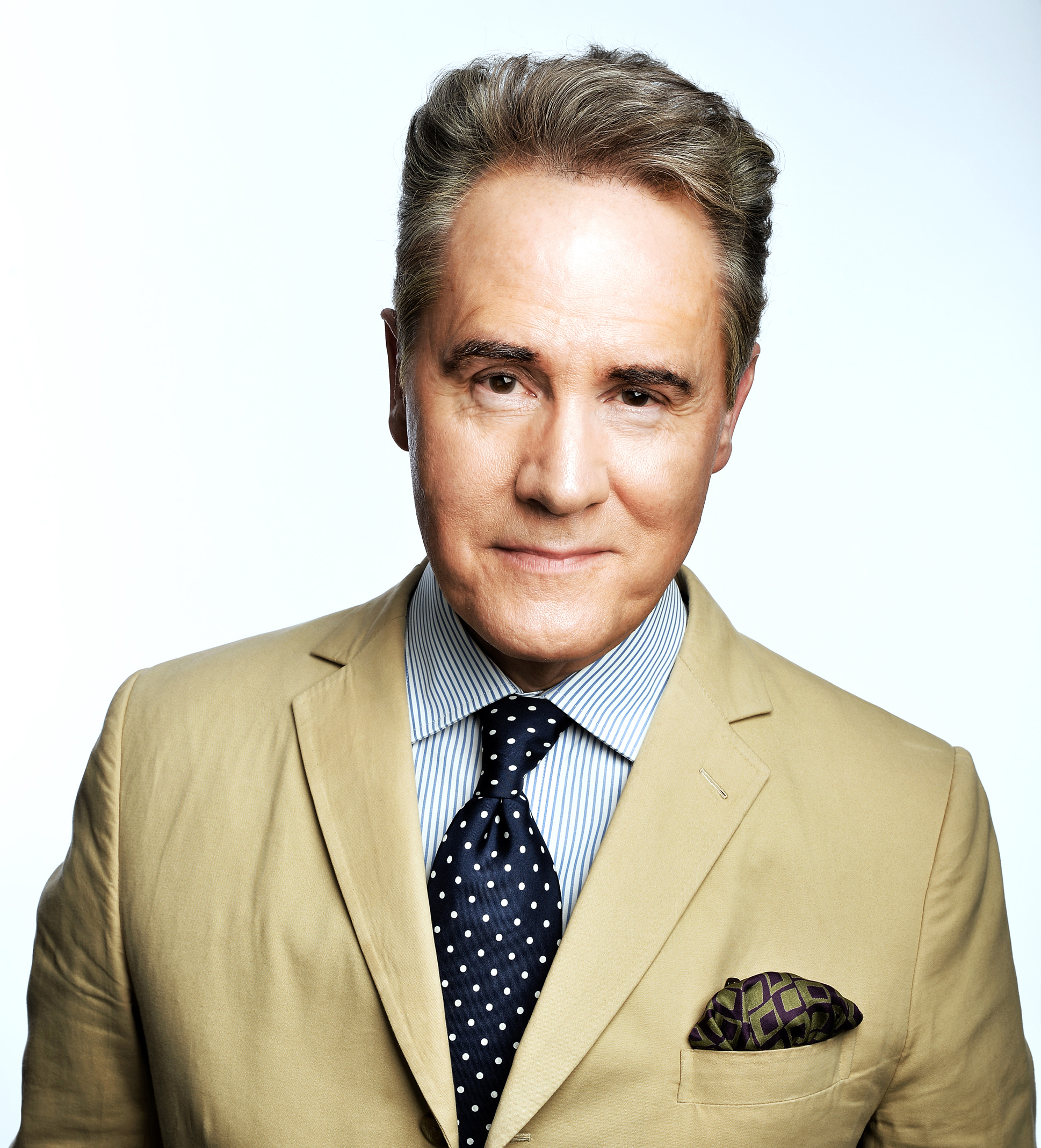Post
REPORT| Peter York, confessions of a London chauvinist
15 Jul 2016
On 5 July the cultural commentator Peter York shared his thoughts on the city's development with The London Society. Raised, educated and shaped by London, he's always wanted it to be top dog amongst world cities, but now we've obtained that status he finds himself wishing that we hadn't achieved it in quite this way. Saul Collyns reports.
Peter York needs little introduction: A writer, journalist, management consultant and much more, York is perhaps best known for publications such as The Official Sloane Ranger Handbook and his recent Authenticity is a Con. However, York joked with us that he stood before us merely as 'a terrible person'. This, he explained, is because he pertains to London's chattering class and media elite, that's to say the establishment, making him a 'capitalist marketing parasite'.
York professed that he has always been a London chauvinist. As a teenager he believed that he had the freedom of the city at his fingertips, with no area too rich or too poor to be out of bounds. London was culturally and historically rich, and led the world with its music scene. However, his expeditions as a young adult to cities such as Paris, Madrid, Rome or New York (which he was especially captivated by) were painful experiences, as he became aware of London's shortcomings in comparison to the stylish people and restaurants, clean trains, or chic rather than bleak architecture found in other cities.
However, by the mid to late 1980s London was changing. Market populism, preached by Thatcher and Reagan, swept across the city, alongside a property boom. According to Will Hutton, this was largely born as a result of many years of American investment banks lobbying the Conservative party, as they were keen to establish operations in the UK to circumnavigate Wall Street regulations. The city's architecture was transformed (think Canary Wharf), and London was remodeled as a foreign city rather than a city of the British establishment. Ever controversial, York likened London to Baghdad's green zone, where all institutions 'come from somewhere else'.
By the late 1990s London had it all: With money pouring in it had become a world-class city in which the London chauvinist could forget any previously held inferiority complex. London's first millionaire class had been established, which particularly benefited landowners such as Grosvenor or The Crown Estate in central London, as well as what York calls the 'Butler class' that services the wealthy (estate agents, art dealers, wealth managers etc). And the world began to take note, attracting people with its culture, history and architecture, as well as those looking for tax breaks. Most ironically, York noted, London had even become famous for its food. No other city compared; New York appeared insular and Paris provincial in comparison.
But it wasn't always meant to be that way, and York lamented that Londoners didn't create London's wealth themselves. In Central London York is perpetually aware that someone else owns everything, and although a beneficiary of London's property prices, he is sour about the Monte Carlo flavour of it all. He took the proposed bridge from the Nine Elms development to Pimlico as an example, which he believes will purely serve as a shortcut to Mayfair for the foreign buyers or US embassy workers in Nine Elms. However, York has been even more upset since June 24th, when everything appeared to go into reverse. With a property run akin to the downfall of Northern Rock, York questioned how long we will have to wait until tumbleweed blows down the streets of Mayfair.
'But did London need to cool down?', an audience member asked. York agreed, but noted that the impact of the EU referendum will be more akin to a meteorite shock than a managed retreat, lamenting that the British national brand of being sensible has been tainted. And what is York's view on the Garden Bridge, another asked, to which York replied that Joanna Lumley and Thomas Heatherwick are the greatest charmers in the universe who could sell you anything. When asked whether London is still stylish he remarked that absentees don't contribute much, and quoted Grayson Perry, who said that 'rich people don't make much art'. Nevertheless, York ended on a defiant note, exclaiming that although part of the London elite, 'I'm not out of touch, I'm incredibly tactile!'
